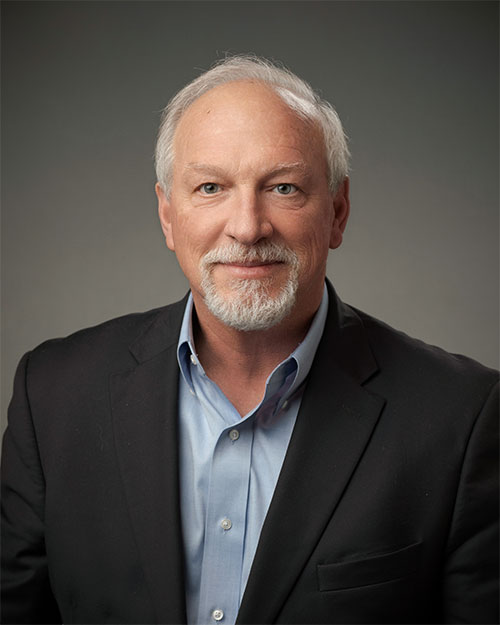
January is National Blood Donor Month, which has been celebrated for more than 50 years. During the month, the Red Cross recognizes the lifesaving donations of whole blood and platelets from volunteers. The nationwide blood supply always runs low in January, and the designation highlights the dilemma to attract new donors.
Asheville native Wes Wright doesn’t let cold weather — or anything, apparently — stop him from donating. He’s been a regular Red Cross blood donor since 1983. “I tried it once to see what it was like,” Wright says of his experience, “and I realized that it cost me nothing but a little time to give.”
As of this month, Wright has donated almost 108 gallons of platelets during his life, an achievement that’s being honored with an induction into the American Red Cross Blood Donor Hall of Fame. To reach his total, he’s made platelet donations part of his routine, scheduling his appointments three months at a time.
During a platelet donation, blood is collected by a device that separates platelets, along with some plasma, from whole blood and returns the remaining blood components back to the donor. Since platelets must be used within five days of donation, platelet donors are constantly needed. Platelets can be given every seven days – up to 24 times a year.
The process for donating platelets, apheresis, takes longer, which is why Wright’s visits take three hours each. “But I can watch TV or Netflix, and the time goes by quickly,” he says.
The part of the process that surprised him was getting to know the Red Cross staff so well. “They take care of me while I’m there. They bring me warm blankets and check on me. We’ve become friends.”
The process hasn’t changed much during the COVID-19 pandemic. “There’s always been a focus on safety. The donors and staff are masked, and there are extra questions and procedures. But it becomes second nature.”
To Wright, the pandemic hasn’t changed the constant need for blood and platelets. In fact, it’s increased the demand. Wright encourages everyone in the community to try it. “Come try donating platelets or whole blood. See what the experience is. I can tell you, there’s a satisfaction of giving back to someone you don’t even know, but you do know it will positively impact their life.”
“Even if you only go twice a year,” Wright continues, “that’s better than none at all. Fewer than 10 percent of people donate. Imagine if 20 percent did. Imagine the difference your donation can make.”